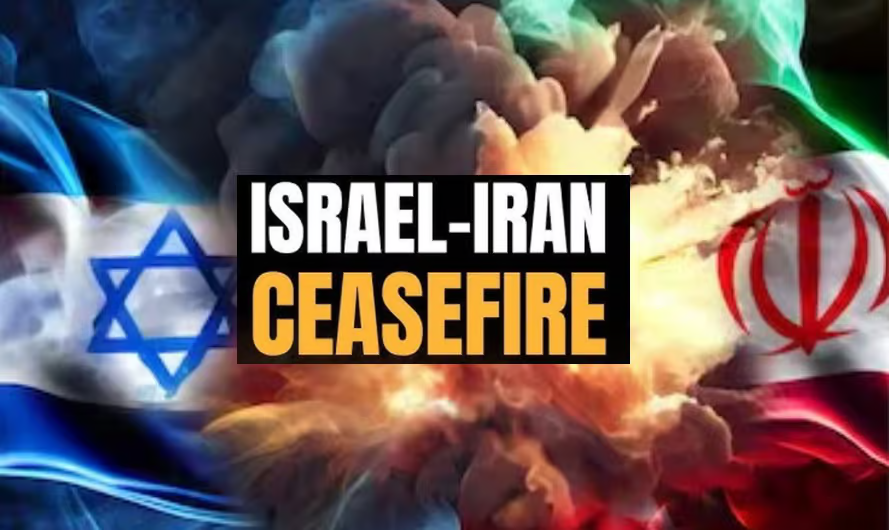Iran-Israel Ceasefire: How Qatar Silently Brokered an End to the ’12-Day War’
Fierce hostilities between Iran and Israel, which many feared could erupt into a full-scale regional war, came to an unexpected halt following the announcement of a ceasefire, mediated by Qatar and backed by the United States.
What the world anticipated might spiral into a Third World War ended abruptly as U.S. President Donald Trump announced a ceasefire agreement between the warring nations. The truce was declared just hours after a dramatic escalation in military confrontations, including Iranian missile strikes on U.S. military installations and retaliatory responses from both the U.S. and Israel.
Over the weekend, tensions reached a critical threshold when Iran launched six ballistic missiles targeting the Al-Udeid Air Base in Qatar and U.S. bases in Iraq. These attacks were direct retaliation for the U.S.’s use of bunker-buster bombs on Iranian nuclear sites—an act that significantly escalated the conflict.
As Tehran, Tel Aviv, and Washington all found themselves entangled in rapid escalation, fears surged that neighboring countries like Qatar could also be drawn into the conflict. Qatar had warned that any Iranian attack launched from or near its territory would be met with a firm response.
READ MORE:
Petrol Dealers Accuse OMCs of Creating Artificial Fuel Shortage Amid Regional Tensions
Inside the Mediation Effort
Qatar played a pivotal role behind the scenes. Sources close to the talks revealed that Qatari Prime Minister Mohammed bin Abdulrahman Al Thani personally engaged Tehran to de-escalate tensions. The negotiations were supported by the United States, which sought to prevent further Iranian retaliation and regional destabilization.
While the full terms of the truce remain undisclosed, diplomatic insiders say Iran agreed to halt its attacks in return for commitments from Washington and Tel Aviv that no further military strikes would be launched.
Qatar’s unique diplomatic positioning—maintaining cordial ties with both Iran and the United States—allowed it to broker the agreement effectively. Interestingly, even as ceasefire talks were underway, Iran reportedly fired another salvo at Israel, illustrating the confusion and high-stakes tension in the final hours before the truce was announced.
Though the guns have now fallen silent, experts warn the situation remains extremely fragile. Deep-rooted distrust among all involved parties means the risk of renewed conflict still lingers. Nonetheless, Qatar’s role as a neutral mediator has garnered international praise, elevating its status as a growing force in regional diplomacy.


